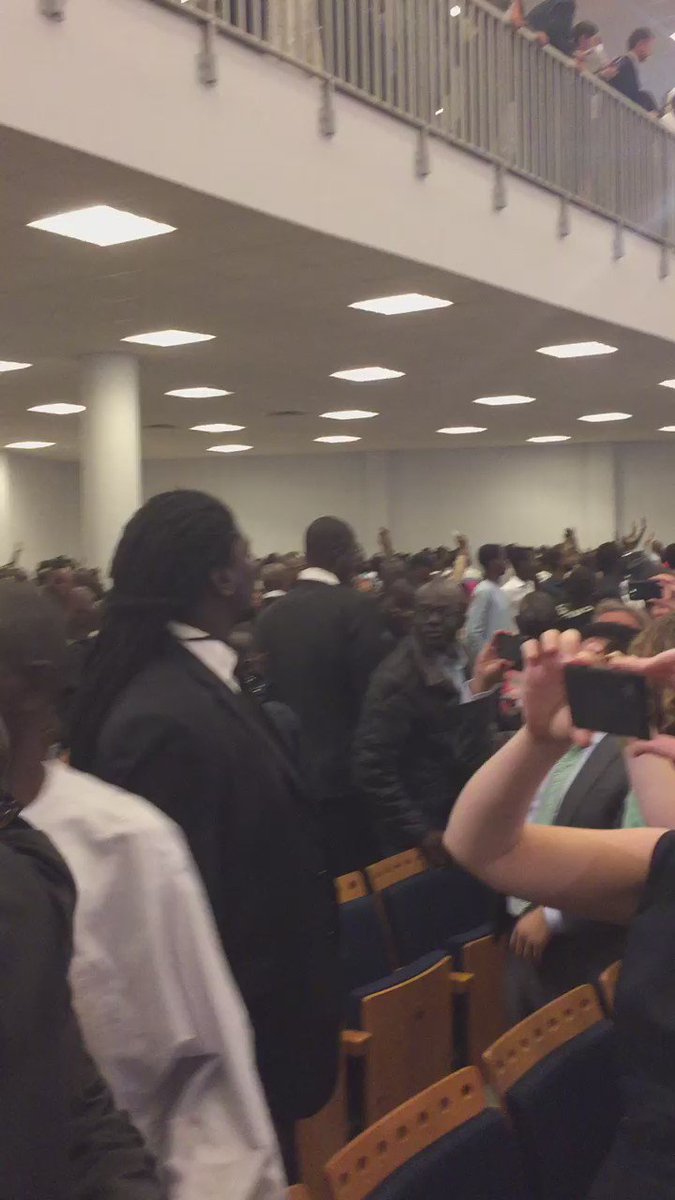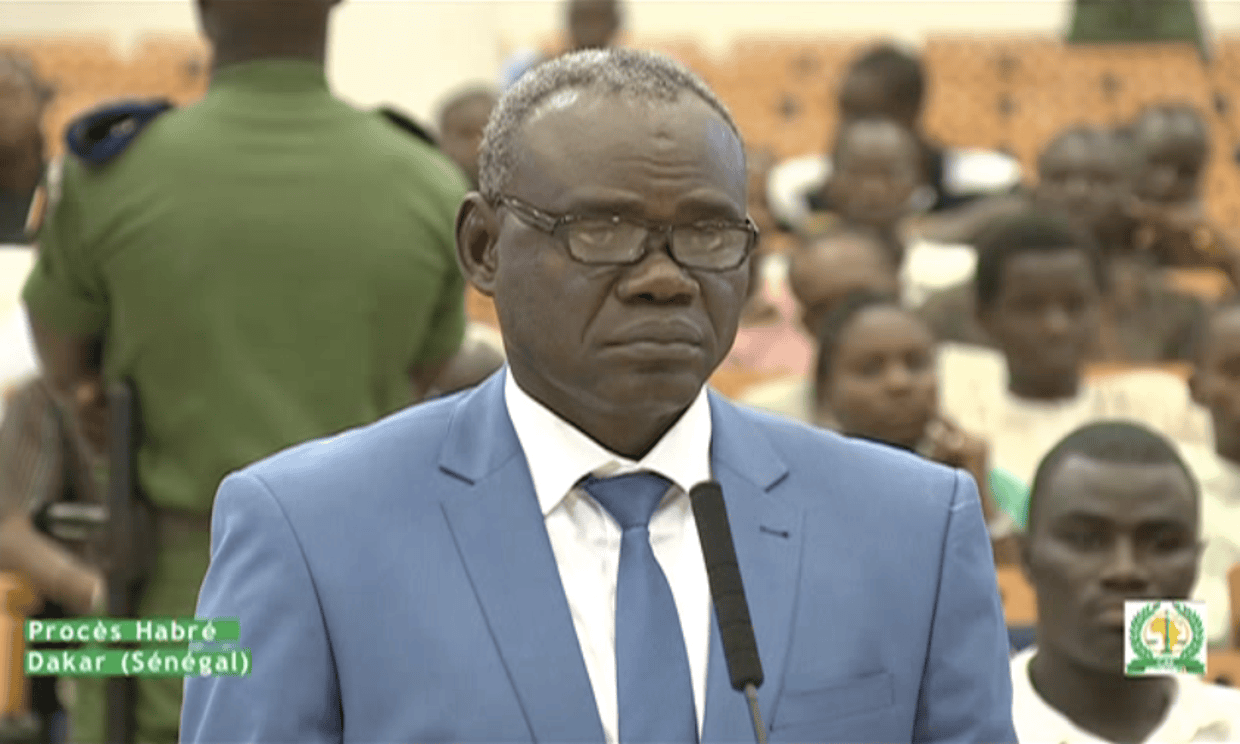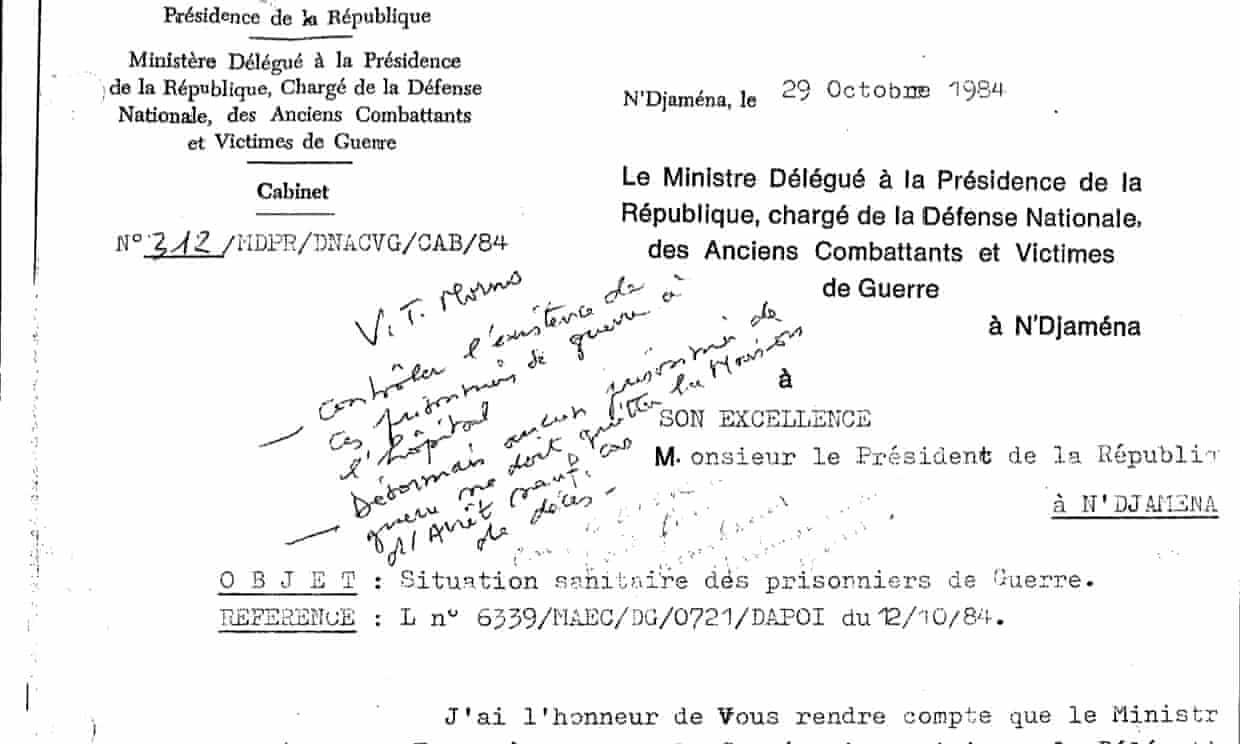|
Founder/Advisor |
War Crimes Prosecution Watch
Volume 11 – Issue 6 |

Editor-in-Chief Technical Editor-in-Chief Managing Editors |
War Crimes Prosecution Watch is a bi-weekly e-newsletter that compiles official documents and articles from major news sources detailing and analyzing salient issues pertaining to the investigation and prosecution of war crimes throughout the world. To subscribe, please email warcrimeswatch@pilpg.org and type “subscribe” in the subject line.
Opinions expressed in the articles herein represent the views of their authors and are not necessarily those of the War Crimes Prosecution Watch staff, the Case Western Reserve University School of Law or Public International Law & Policy Group.
CENTRAL AFRICA
- The Washington Post: Sudan’s president was indicted. Why isn’t he paying any price?
- Time: New Report Says Shipping Containers Are Being Used As Deadly Prisons in South Sudan
Democratic Republic of the Congo
- International Justice Monitor: ICC Prosecutor Seeks 25 Year Jail Term for Bemba
- International Justice Monitor: Defense Lawyer on Trial at ICC for Witness Tampering to Make Unsworn Statement
- Times Live: Defence lawyers seek shorter war crimes sentence for DR Congo’s Bemba
WEST AFRICA
- Daily Mail: Donors promise $15 billion to Ivory Coast
- Africa News: Simone Gbagbo will not be handed over to the ICC – Ivorian PM
Lake Chad Region — Chad, Nigeria, Niger, and Cameroon
- IB Times: Nigeria: Woman abducted by Boko Haram and told to bomb Kano market escapes
- BBC News: Nigeria Boko Haram: ‘Drugged woman told to bomb market’
- All Africa: Nigeria: Why Fayose Declared ‘War’ Against Killer Herdsmen
- News 24: Boko Haram destroys medical centres in Niger
- Reuters: Five U.N. Chadian peacekeepers killed by bomb, gunfire in northern Mali
- The Guardian: Malian jihadi to plead guilty in ICC cultural destruction trial
EAST AFRICA
- BBC: Western envoys in Uganda walk out of Museveni swearing-in
- European Union External Action: Statement by the Spokesperson on Uganda and the International Criminal Court
- Newsweek: UGANDA: OPPOSITION LEADER BESIGYE HEARS TREASON CHARGES IN COURT
- Shanghai Daily: ICC asks Uganda to explain failure to arrest Sudan’s Bashir
- AllAfrica: Uganda Draws Redline After Policemen Killings At Border
- The Star: ICC exit shelved as Kenya takes reforms to UN
- The Guardian: Kenyan police in fresh clashes with political activists
Rwanda (International Criminal Tribunal for Rwanda)
NORTH AFRICA
EUROPE
Court of Bosnia & Herzegovina, War Crimes Chamber
- Balkan Insight: Bosnian Witnesses Complain of Threats to Change Testimony
- Balkan Insight: Bosnia Indicts Ex-Mujahideen Fighter for Kidnapping Croats
- The Court of Bosnia and Herzegovina: Indictment confirmed in the case of Stojan Kenjalo et al.
- The Court of Bosnia and Herzegovina: Indictment confirmed in the case v. Branislav Gavranović
- The Court of Bosnia and Herzegovina: Indictment confirmed in the case v. Zlatan Jelić
MIDDLE EAST AND ASIA
Extraordinary Chambers in the Courts of Cambodia
- The Cambodia Daily: Tribunal Confirms Duch to Return to Court Next Week
- The Cambodia Daily: Memo From Judge Revises S-21 Prisoner Total to Over 15,000
- The New York Times: Belgium’s Anti-ISIS Airstrikes Expand From Iraq Into Syria
- Israel National News: Israel Believes Syria Used Sarin Gas On ISIS
- The Guardian: Scores Dead In Isis Attacks On Syrian Coastal Cities
- The Guardian: Leading Hezbollah commander and key Israel target killed in Syria
- The Daily Star: STL could continue case against Badreddine
- The Daily Star: Nasrallah: Hezbollah will not cooperate with STL
Bangladesh International Crimes Tribunal
- bdnews24.com: Liberation War affairs minister says ‘war criminals’ organisation Jamaat will be banned in June’
- bdnews24.com: Arrest warrants issued out for Liaquat, Rajab, accused of war crimes
- newsnextbd.com: Six indicted for war crimes
- The Hindu: Rise in death penalty in India’s neighbourhood
- bbarta24.net: Pakistan seeks highest civil award for Bangladesh war criminals
AMERICAS
TOPICS
Truth and Reconciliation Commission
- Republica: TRC starts preliminary investigations
- Financial Times: Taiwan’s new president creates Truth and Reconciliation Commission
- Omega: Historic Black Women’s Truth & Reconciliation Commission at the UN
- Stony Plain Reporter: Canada embraces rights
- Republica: 9-point deal cannot override SC: NHRC chief
- BBC News: IS militants attack Iraq cafe used by Real Madrid fans
- The Guardian: Terrorist attack was ‘imminent’ police say as Sydney teenager arrested
- The Telegraph: Microsoft finally joins the fight against terrorism online
- NBC News: EgyptAir Crash: Terrorism Can’t Be Ruled Out, Foreign Minister Says
- Sputnik International: Over 150 People Killed in Terrorist Attacks in EU in 2015
- Bloomberg: Belgium Charges Four With Terrorism in IS Recruitment Probe
- Bloomberg: Turkey’s Kurdish Conflict Turns Once-Great Town into Deserted Battleground
- The Korea Times: S. Korean special forces join regional anti-piracy exercise
- Hellenic Shipping News: Protection Vessels International: Weekly Maritime Security Report
- The Telegraph: How Abu Sayyaf makes a business of beheadings as Islamist terror gang releases ‘final message’ hostage video










